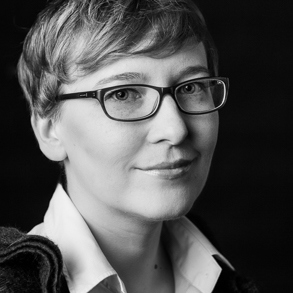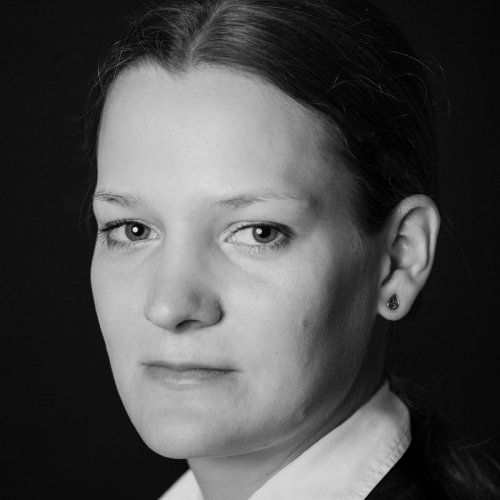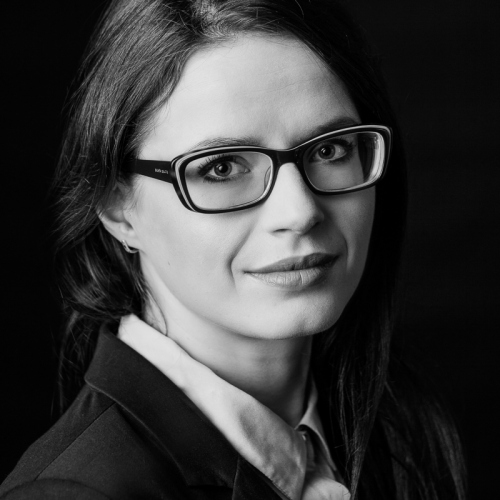Game jams, hackathons and competitions are
some of the methods for activating and engaging the game development community
(as demonstrated for example by the popularity of Poland’s nationwide online
game jam #zostanwdomurobgry, held
by the Indie Games Polska Foundation on 30 March – 6 April 2020 under the
aegis of the Ministry of Culture and National Heritage and the Ministry of
Science and Higher Education). Organising and promoting a competition is relatively
uncomplicated. There are benefits on both sides. The participants have an opportunity
to present their work, and the organiser gains access to a range of creative
proposals. But such competitions pose copyright challenges, as we discuss below.
Author: Monika A. Górska
Copyright and game jams, hackathons and competitions
End of the road for the secondary market in e-books and video games?
In recent months, perhaps more than ever, life has moved online. Some people spend their time reading e-books or playing video games. Can they later resell or exchange such “used” works? A recent ruling by the Court of Justice throws into doubt the secondary trading in digital goods.
Nederlands Uitgeversverbond v Tom Kabinet Internet BV (Case C‑263/18), judgment of the Court of Justice of 19 December 2019
“Dungeons” similar to “Dungeons & Dragons”
Are computer games still
a niche product, or have they entered the mainstream? The possibility of
registering a trademark similar to an earlier mark turns on this issue.
Kalypso Media Group GmbH v EUIPO, Case T‑700/18
(judgment of the General Court of 10 October 2019)
The computer game
industry is one of the fastest-growing sectors of the economy, in Poland as elsewhere.
Dynamic growth carries the risk of disputes affecting various aspects
of gaming.
A case recently reached the docket of the General Court (a division of the Court of Justice of the European Union) concerning the application for registration of an EU trademark for the word sign DUNGEONS by Kalypso Media Group GmbH. The application was opposed by Wizards of the Coast LLC, proprietor of the earlier EU word mark DUNGEONS & DRAGONS. The European Union Intellectual Property Office upheld the opposition and denied registration of DUNGEONS, finding that there was a likelihood of confusion with the earlier mark DUNGEONS & DRAGONS.
Online platforms to undergo a revolution in 2018?
According to a Eurobarometer survey, 42% of EU-based SMEs – sellers, game companies or for instance online travel agents – use online platforms to sell their products and services. As many as 82% of these firms use search engines on these platforms to promote their products and services.
Online platforms are a huge force driving the e-economy, through which SMEs have unlimited access to millions of prospective customers. They are becoming increasingly important as vital go-betweens in online transacting of business. The operators of these online platforms are well aware of this and frequently exploit this reliance in platform-to-business relationships with firms offering their products and services to end customers.
Will the blockchain stir up intellectual property agreements?
Conversation with Monika A. Górska and Lena Marcinoska of the Intellectual Property Practice at Wardyński & Partners about whether the blockchain may be regarded as a new area of use.
Newtech.law: Blockchain based solutions are developing rapidly in various sectors of the economy. Have they also entered the creative sectors?
Monika A. Górska: Definitely. DLT technology may be used successfully to record intellectual property rights and to register transactions involving creative work. Moreover, most computer programs are written today with a blockchain project capability.
Newtech.law: Does the arrival of blockchain-based solutions give rise to any problems with copyright agreements?
Is a licence really forever?
Software licensing agreements often provide that the licence is granted for an unlimited time. But what does this mean in practice and what legal consequences does it exert?






